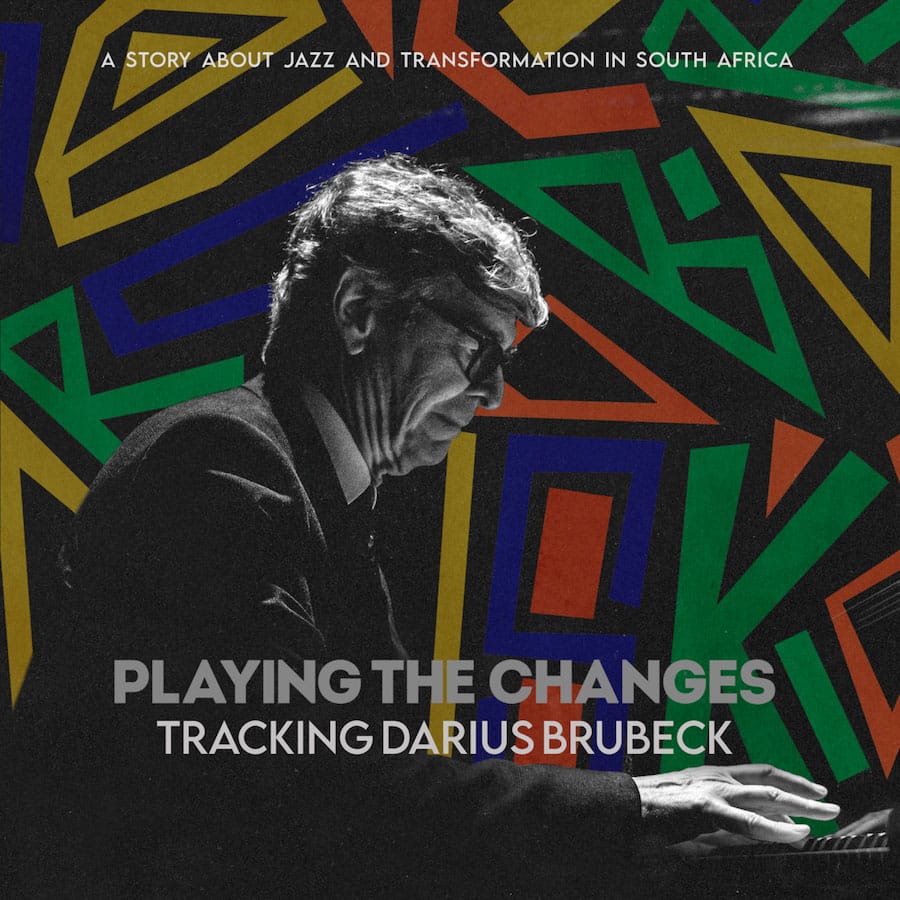

Playing the Changes – Tracking Darius Brubeck … In pursuit of Darius Brubeck is a documentary film by Michiel ten Kleij.
At a very young age, as a great admirer of Dave Brubeck, the first LP jazz records I bought with my pocket money were “Time Out” and then “Time Further Out“. I used to read the back covers tirelessly, explaining the various sophisticated rhythms on the record, including “Blue rondo à la Turk“, “Take Five” or “Unsquare Danse“. It was a wonderful introduction to the vast world of jazz, from which I never left.
Later, when I was about 19, I drove my first Citroën 2CV from Paris to the Nice Jazz Festival. In those days, you could listen to the best of jazz (Ibrahim Maalouf was fortunately not yet born…) in the idyllic setting of the gardens of the Arènes de Cimiez. I was stunned to hear Dave Brubeck with Paul Desmond on saxophone live! His sons were on stage. I remember Chris Brubeck with a fretless bass. I wondered what it was like to be the son of such an important jazz musician…
Then I forgot the first names of the Brubeck childhood, to the point where I’d never been interested in this remarkable man: Darius Brubeck.
And so, after the preview screening of Michiel ten Kleij‘s film, the magic of jazz worked again. I was able to talk for a few precious minutes with Darius Brubeck, the main character of the magnificent documentary screened at « L’Europe autour de l’Europe »film festival.
This brand-new documentary sheds light on the son of a jazz legend and, above all, on the social impact of jazz in general.
Besides the story of the eldest son of a legendary pianist (Dave Brubeck) trying to emerge from his father’s shadow while choosing the same instrument, the piano.
How to become a man? Darius reveals himself to be an artist of the first rank, as well as a human being as talented as he is dedicated, who has spent most of his life emphasizing the social impact of jazz on young people, highlighting what the values of jazz represent in our world (there’s still work to be done, after all…).
Playing the Changes shows how jazz has played such a transformative role in different societies, such as post-Soviet Poland and apartheid South Africa. Then the upheaval that followed the arrival of Nelson Mandela.
Darius Brubeck is a great idealist. No doubt due to his upbringing, and his exceptional personality, he was able to pass on the humanitarian values of jazz to several generations of men and women, whatever their roots, founding the very first jazz university on the African continent in South Africa in 1983.
His initiative was revolutionary at the time, as the programs he set up were open to all, regardless of social class or, above all, skin color.
What he established, against all the odds, was a resounding success, and Darius, with his remarkable South African wife Cathy at his side, founded South Africa’s first Jazz University, the Centre for Jazz and Popular Music, at the University of KwaZulu-Natal, a place where students could rehearse, perform and gain their own experience, while being able to show off their work.
International musicians frequently came to play and teach, mingling with students and staff, bringing people together to give them hope in another time of extreme conflict.
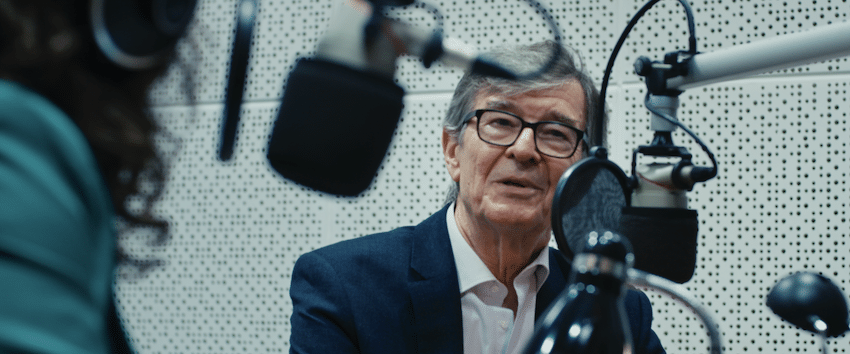
With the help of archive footage and exclusive interviews, Darius Brubeck‘s life, at the forefront of the cultural struggle against apartheid and discrimination, is brought to light, and his academy is revealed as a veritable flagship-oasis of its time, anticipating the “new” South Africa that emerged.
During his time in South Africa, Darius inspired and taught countless talented musicians.
In the first part of the film, we are transported to Poland, Russia’s war-torn Communist satellite. We then follow Darius and Cathy Brubeck on another anniversary tour, where Darius is hoisted onto the stage for the first time by his father, when he was just 10 years old.
Dave Brubeck’s 1958 State Department-sponsored jazz ambassador tour led to the writing and recording of the first jazz album to reach number 1 in the history of jazz: Time Out, which I mentioned in the preamble.
Darius grew up convinced that jazz could unite people of all colors and creeds. We fully share his beliefs, while realizing that jazz, the most popular of learned musics, is also the least diffused today. The battle is far from over…)
Playing The Changes – Tracking Darius Brubeck is also a film that shows what it means to grow up as a jazz musician in turbulent times of racial segregation in the USA and South Africa, and political tensions during the Cold War.
Strangely enough, today’s story of apartheid in Israel and the killing of innocent civilians by a totalitarian regime in Ukraine shows us that the fight is not over. Jazz and ambassadors like Darius Brubeck are ever more necessary.
In the film, Darius Brubeck, today’s Don Quixote, is portrayed as an unlikely hero, the true heir to Dave Brubeck, 100 years after his birth.
May his work and this superb documentary film inspire others for many years to come.
Where can we preview the film before the hopefully numerous and enthusiastic broadcasters get involved?
- Festival L’Europe Autour de l’Europe – Paris, France – on April 8
- RiverRun – North Carolina, USA – April 22/23
- Beyond Hollywood Film Festival, Los Angeles, April 25-28
- Encounters Film Festival, Cape Town & Johannesburg, South Africa, June 10-20
- Music Film Festival – Tilburg, Netherlands – September 7
As for the talent of the musician-composer, we now invite you to listen to Darius Brubeck’s music, for example on the album of his second tour of Poland: “Live in Poland”, released in 2019 by Gathering Forces Music / Ubuntu Music.
A new Darius Brubeck’s album will be released on next April 12 .
Then a book, “Playing the Changes“, Jazz at an African University and on the Road, co-authored by Darius Brubeck and Catherine Brubeck is expected in July 2024, published by “University of Illinois Press“.
Translated with the help of www.DeepL.com/Translator
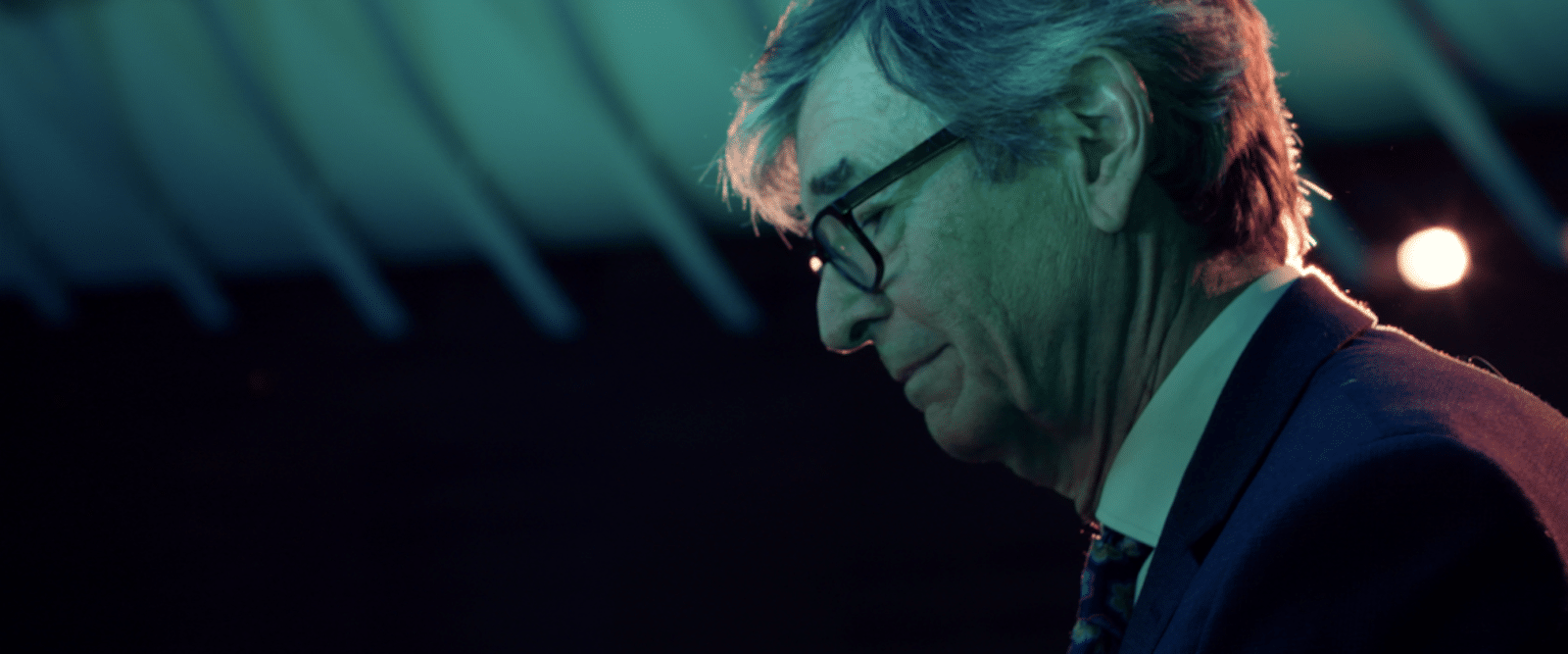














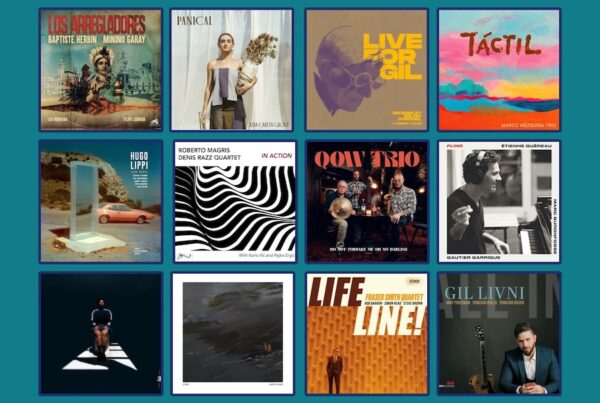
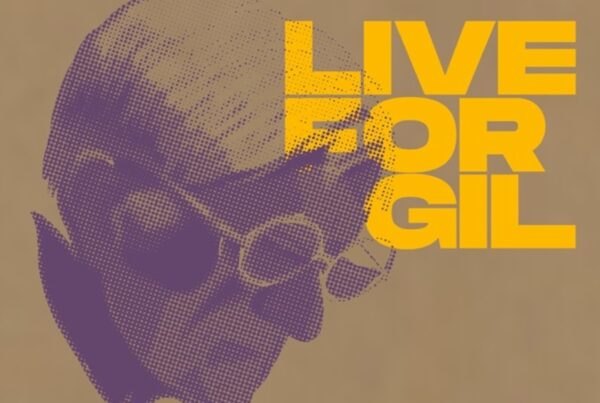



RECENT COMMENTS